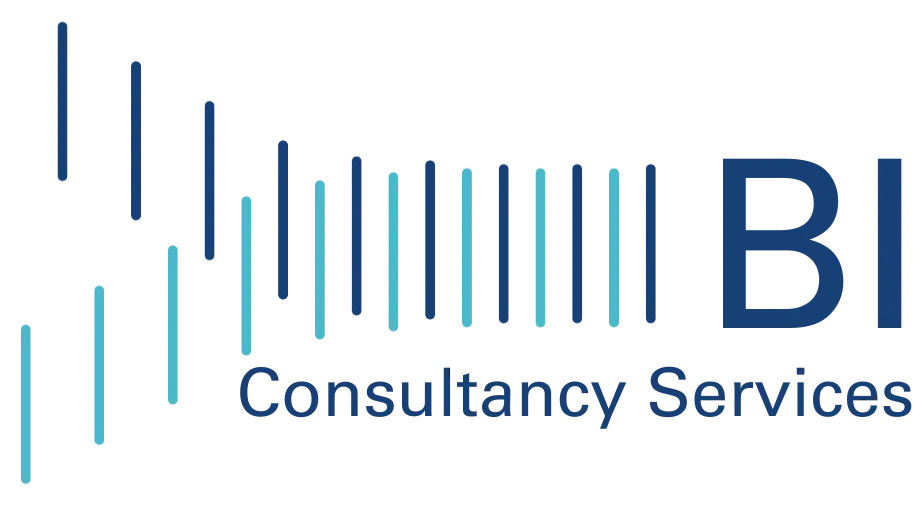In the dynamic landscape of business operations, entrepreneurs’ crucial decision is whether to handle bookkeeping in-house or outsource it to specialized service providers. Each approach comes with its own set of advantages and challenges. In this post of BICS, we’ll explore the pros and cons of outsourcing vs. in-house bookkeeping to help you make an informed decision for your business.
Pros of Outsourcing Bookkeeping
Cost Efficiency
Outsourcing bookkeeping often proves to be more cost-effective for businesses. By leveraging the services of external professionals, You can save the money on recruiting and training expenses.an in-house team. This cost efficiency allows you to allocate resources to core business functions.
Access to Expertise
Outsourced bookkeeping firms typically employ skilled professionals with financial management and accounting expertise. Outsourcing gives your business access to a pool Having knowledgeable experts who can offer precise and timely financial insights, helping you make informed decisions.
Focus on Core Business
Outsourcing bookkeeping allows your internal team to focus on core business activities. By offloading the time-consuming bookkeeping task, you can redirect your energy towards strategic planning, business development, and other critical aspects of your operations.
Scalability
Outsourcing offers scalability advantages. Outsourced bookkeeping services can easily adapt to handle increased workloads as your business grows. This adaptability is particularly helpful for new businesses and small businesses experiencing fluctuating transaction volumes.
Cons of Outsourcing Bookkeeping
Security Concerns
One major concern with outsourcing is the security of sensitive financial data. It’s crucial to thoroughly vet potential service providers to ensure they have robust security measures to protect your confidential information.
Communication Challenges
Outsourcing may introduce communication challenges, especially if the service provider is in a different time zone or country. Clear communication channels and regular updates are essential to overcome misunderstandings and ensure smooth collaboration.
Dependency on External Providers
Relying on external providers means relinquishing some control over the bookkeeping process. Businesses must choose trustworthy partners to avoid dependency issues and ensure that outsourced services align with their needs.
Pros of In-House Bookkeeping
Direct Oversight
With in-house bookkeeping, businesses have direct oversight and control over their financial processes. This hands-on approach allows immediate adjustments and facilitates a deeper understanding of the company’s financial health.
Quick Response Time
In-house bookkeeping enables faster response times to urgent financial matters. The proximity of the team members facilitates quick decision-making and the immediate resolution of economic issues.
Cohesive Company Culture
Keeping bookkeeping functions in-house fosters a cohesive company culture. The finance team is integrated into the broader organizational structure, enhancing department communication and collaboration.
Cons of In-House Bookkeeping
Higher Costs
Maintaining an in-house bookkeeping team can be costlier due to salaries, benefits, and ongoing training expenses. This financial burden might outweigh the benefits of direct oversight for small and medium-sized enterprises.
Limited Expertise
In-house teams may need more expertise, especially in niche areas of accounting. Complex financial issues may require external consultation, leading to additional costs and potential delays in decision-making.
Staffing Challenges
Recruiting and retaining skilled bookkeeping professionals can be challenging. High turnover rates or sudden departures can disrupt financial operations and require immediate action to fill the gaps.
Conclusion
Ultimately, the decision between outsourcing and in-house bookkeeping depends on your business’s unique needs and circumstances. Both approaches have their merits and drawbacks. After carefully weighing the advantages and disadvantages listed above, you can make an informed decision that complements your financial and commercial objectives. Whether you prioritize cost efficiency, direct oversight, or a balance of both, the key is to choose a strategy that best suits the specific demands of your organization.
